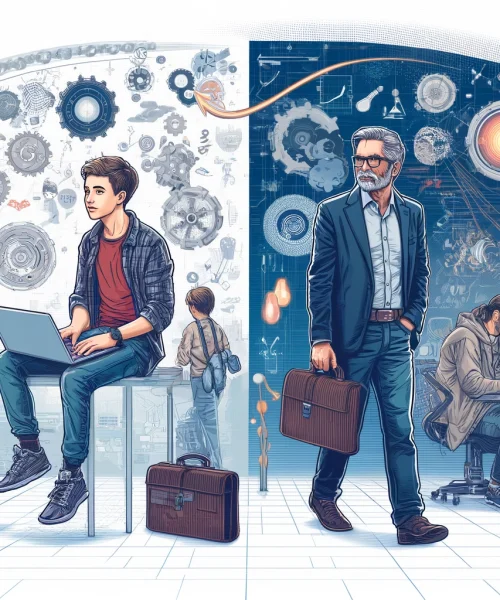Reimagining education was one of the fundamental goals of hippy communities. Rejecting traditional methods of schooling and child-rearing, they aspired to create a form of collective education that could free the next generation from the shackles of social conditioning. The idea was to allow children to grow and learn naturally, following their own rhythms and interests, free from the weight of discipline and expectations imposed by traditional educational structures.
However, like many other hippy utopias, collective education had to grapple with practical realities and showed its set of challenges. This liberal approach to education often resulted in a lack of structure and guidance for the children, who needed stability and some degree of structure to feel secure and oriented.
Despite the intention to provide an open and flexible learning environment, the failure to balance freedom with structure could lead to situations of uncertainty and confusion for the children. Moreover, not all adults were necessarily equipped or prepared to take on the role of educators, leading to situations where educational and emotional support for the children was lacking.
Another significant issue emerged when the communities dissolved. Many children, raised within these alternative communities, suddenly found themselves torn from their familiar social contexts and forced to navigate a mainstream world with which they had no experience. The psychological and emotional impact of such a abrupt transition could be significant.
The experience of collective education in hippy communities teaches us that, although the intentions were noble, the practical implementation of such ideals was much more complex. It highlights the importance of a balanced approach to education that combines freedom with structure, and the importance of providing stable and consistent support for children as they develop. The utopia of collective education may be shattered, but the reflection on how to improve education and make learning a more free and joyful experience remains more relevant than ever.












